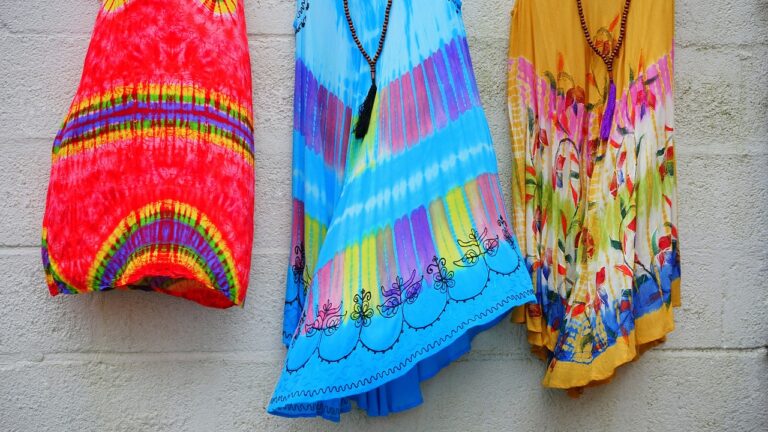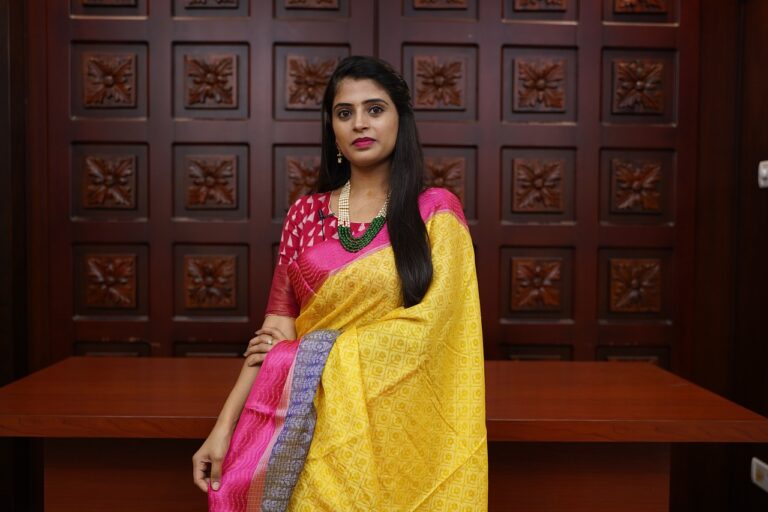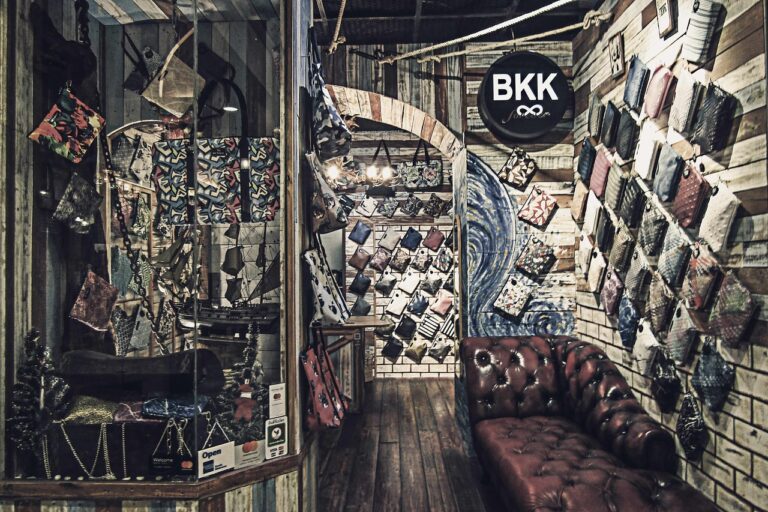Fashion Technology Startups: Innovations Reshaping the Industry
Fashion technology startups are transforming the industry with their innovative ideas and solutions. From virtual fitting rooms to sustainable materials, these companies are reshaping the way we think about fashion. Let’s take a closer look at some of the exciting innovations that are driving change in the fashion industry.
Virtual Fitting Rooms
One of the most significant advancements in fashion technology is the development of virtual fitting rooms. These tools allow customers to try on clothes virtually, using their smartphones or computers. This technology not only enhances the shopping experience but also helps reduce returns, as customers can get a better sense of how the clothes will fit before making a purchase.
Artificial Intelligence
Artificial intelligence (AI) is revolutionizing the fashion industry in various ways. From personalized recommendations to trend forecasting, AI is helping fashion brands better understand their customers’ needs and preferences. This technology is also being used to optimize supply chain management, leading to more efficient production processes and reduced waste.
3D Printing
3D printing has the potential to revolutionize the way clothes are made. This technology allows designers to create intricate designs and unique pieces that would be impossible to produce using traditional manufacturing methods. 3D printing also offers a more sustainable alternative to mass production, as it reduces waste and energy consumption.
Sustainable Materials
With the growing demand for sustainable fashion, many startups are focusing on developing eco-friendly materials. From organic cotton to recycled fabrics, these companies are leading the way in creating clothing that is both stylish and environmentally conscious. By using sustainable materials, fashion brands can reduce their carbon footprint and contribute to a cleaner, greener planet.
Blockchain Technology
Blockchain technology is being used to enhance transparency and traceability in the fashion industry. By recording every step of the supply chain on a secure and decentralized ledger, brands can ensure that their products are ethically sourced and produced. This technology also helps combat counterfeiting, as customers can verify the authenticity of the products they purchase.
Personalization
Personalization is key to building a loyal customer base, and fashion technology startups are leveraging data analytics to offer personalized shopping experiences. From customized recommendations to made-to-measure clothing, these companies are giving customers the ability to create unique pieces that reflect their individual style. This level of personalization not only enhances the customer experience but also drives brand loyalty.
Augmented Reality
Augmented reality (AR) is another technology that is revolutionizing the way we shop for fashion. By superimposing digital images onto the real world, AR allows customers to visualize how clothes will look on them before making a purchase. This technology not only enhances the online shopping experience but also bridges the gap between the digital and physical retail worlds.
Conclusion
Fashion technology startups are pushing the boundaries of innovation and creativity in the industry. From virtual fitting rooms to sustainable materials, these companies are revolutionizing the way we think about fashion. By embracing technology and embracing change, fashion brands can stay ahead of the curve and meet the evolving needs of today’s consumers.
FAQs
- Q: What are virtual fitting rooms?
- A: Virtual fitting rooms are tools that allow customers to try on clothes virtually using their smartphones or computers.
- Q: How is artificial intelligence impacting the fashion industry?
- A: Artificial intelligence is being used for personalized recommendations, trend forecasting, and supply chain optimization in the fashion industry.
- Q: What is the role of 3D printing in fashion?
- A: 3D printing is revolutionizing the way clothes are made by allowing designers to create intricate designs and reduce waste.
- Q: Why are sustainable materials important in fashion?
- A: Sustainable materials help reduce the fashion industry’s carbon footprint and contribute to a cleaner planet.
- Q: How does blockchain technology enhance transparency in fashion?
- A: Blockchain technology records every step of the supply chain to ensure products are ethically sourced and combat counterfeiting.
- Q: What is the significance of personalization in fashion?
- A: Personalization helps build customer loyalty by offering unique shopping experiences tailored to individual preferences.
- Q: How does augmented reality improve the online shopping experience?
- A: Augmented reality allows customers to visualize how clothes will look on them before making a purchase, bridging the gap between digital and physical retail.







